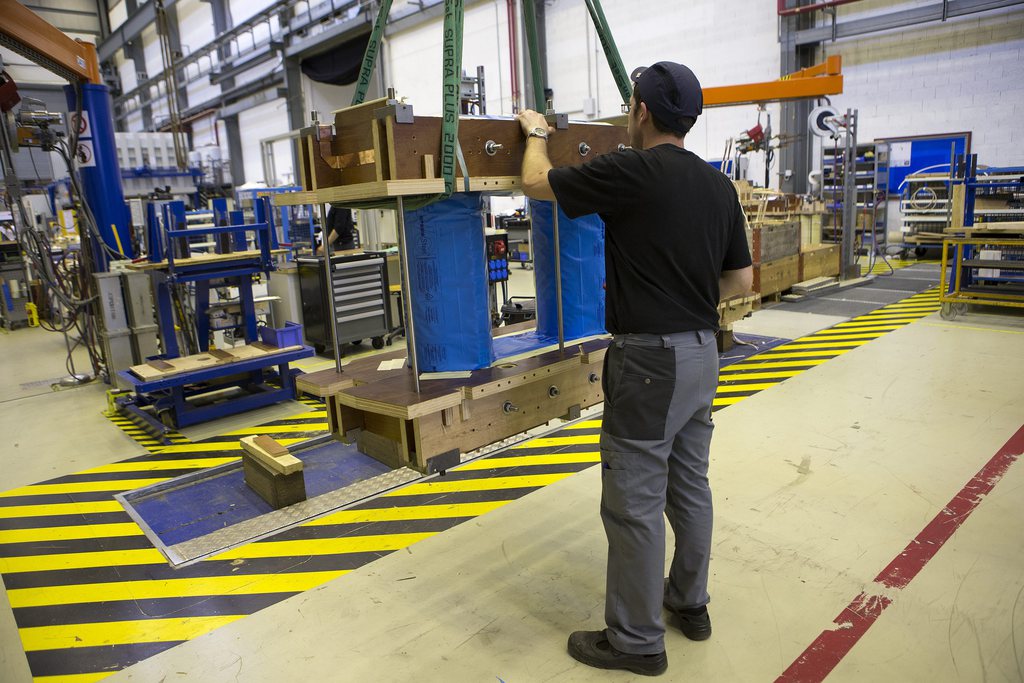Have multinationals had their day?

Whether you trace them back to Assyrian trading networks in 2000BC, or only as far as the mid-19th century when the modern cross-border joint-stock company was born, multinationals have had a good run.
But Sam Palmisano, former chief executive of IBM, thinks they are reaching the end of their natural life.
Multinationals’ hub-and-spoke model will be superseded by “globally integrated enterprises” (GIEs), which will shed national identity and serve customers from wherever in the world makes most sense, backed by a global supply chain and global support functions. Such companies will be more productive, innovative and agile.
To get there, though, multinationals will have to adopt unfamiliar ways of working and managing and adapt deep-seated national cultures, while younger, more flexible enterprises, built from scratch along global lines, snap at their heels.
The GIE idea is also haunted by the sometimes sorry history of companies such as Philips and ABB, which switched from command-and-control to “matrix” management in the 1990s.
Since Mr Palmisano first floated the idea of the globally integrated enterprise in 2006, developed economies have stalled, reviving calls for protectionism. Emerging markets growth has slowed. But he says “the current environment actually accelerates the need for this structure”, as companies and countries seek new sources of growth and productivity.
He has just published Re-Think – an ebook that is part memoir, part manifesto – and launched the Center for Global Enterprise, to propagate the idea.
Pioneers highlighted in the book include Cemex, the Mexican cement company, and Bharti Airtel, the Indian telecommunications group. But Mr Palmisano’s main example is IBM, which he set on the path to global integration from its previous organisation as a series of “mini-IBMs”, which replicated all the main corporate functions in each country.
Instead, the technology group created global services such as human resources, finance, legal and real estate and allowed country managers to concentrate on client work and the development of “centres of excellence” for core activities.

More
Switzerland risks losing foreign firm appeal
Finding the balance
Pankaj Ghemawat of Iese Business School says “the basic impulse is a sensible one: let’s find non-hub-and-spoke ways of tying things together”.
The process of greater integration will make international companies more efficient, he says. But Mr Palmisano says even IBM will take years to perfect the idea: “We don’t have to create the next material for a semiconductor but in a way you have to invent the new model for business.”
One challenge will be to strike the right balance between global and local functions, and between outsourcing operations and handling them in-house. Lorenzo Zambrano, Cemex chief executive, says you have to “avoid the risk of tilting towards one extreme or the other”.
He describes the transition as “an open-ended process [that has] to adapt to constantly changing market conditions”. Cemex tapped into the collective knowledge of its 4,000 staff in 50 countries using, among other tools, its “Shift” internal social network to share best practice and increase collaboration, while centralising support activities such as IT.
Bharti Airtel, meanwhile, pursued a radical outsourcing policy. It held on to the core functions of customer, financial and brand management, and regulatory liaison, but got other companies to design, build and operate its network and handle its IT needs.
Sunil Bharti Mittal, founder and chairman, says those agreements were vital when the group “woke up as a multinational” in 2010, after its purchase from Zain of networks in 15 African countries.
As Bharti Airtel matures, though, it is bringing more services back in-house, having received complaints about poor customer service in some areas.
“We’ve decided to revisit these contracts because the alacrity with which we needed to attend to some of these issues” was not shared by all its outsourcing partners, Mr Mittal says.
More than 6,500 foreign corporations run operations in Switzerland, often in the form of regional HQs, research and development hubs or other back office operations.
According to economiesuisse, multinationals (MNCs) employ 430,000 people in Switzerland (11% of all jobs), have accounted for two thirds of economic growth in the last decade and have contributed an accumulated CHF650 billion in investments in the country.
The significance of MNCs varies from canton to canton, with the likes of Zug, Geneva and Vaud attracting a larger proportion than other cantons.
The Swiss-American Chamber of Commerce calculated that MNCs accounted for 43% of economic output in Geneva in 2010 and 41% in Vaud.
In both cantons, MNCs generated two thirds of new jobs in the decade 2000 to 2010.
(Source: swissinfo.ch)
Diversity
A second challenge is how to maintain trust, both internally and externally. When a global supply chain fails, it damages the whole group. Similarly, privacy breaches or cyber attacks that undermine the internet’s resilience weaken the backbone for GIEs’ international networks.
Another obstacle is a lack of diversity in the senior management of multinationals. Mr Palmisano says, “if you are going to truly be a globally integrated enterprise … your top talent should be whatever the top talent of the world is”.
But according to research by Prof Ghemawat, of the 500 largest listed companies in the world, only 14% have a chief executive from outside the employer’s country of origin. In those companies, only 10% of the senior management team are non-native.
Mr Zambrano, whose senior colleagues are still mostly Mexican or Spanish, says Cemex has put in place international leadership programmes. Mr Mittal points out that Bharti Airtel’s top ranks are dominated by Indians – including returning Indian expats – because it is hard to persuade foreigners to settle in India.
The multinational model may also face disruption from the bottom up. Eight years ago Mr Palmisano aimed his idea at large and medium-sized international businesses. But smaller companies and start-ups now see potential in the GIE model as cloud-based services, big data tools and three-dimensional printing give them a platform from which to leapfrog over more bureaucratic groups.
“You don’t need the capital intensity you needed at Exxon or General Motors,” says the former IBM chief. “[In] the original model, you [moved] from hub to spoke to completely globalised – now you globalise, collaborate and connect.” In other words, if the past belonged to multinationals, the future may actually lie with globally disintegrated enterprises.
Copyright The Financial Times Limited 2014

In compliance with the JTI standards
More: SWI swissinfo.ch certified by the Journalism Trust Initiative
You can find an overview of ongoing debates with our journalists here. Please join us!
If you want to start a conversation about a topic raised in this article or want to report factual errors, email us at english@swissinfo.ch.